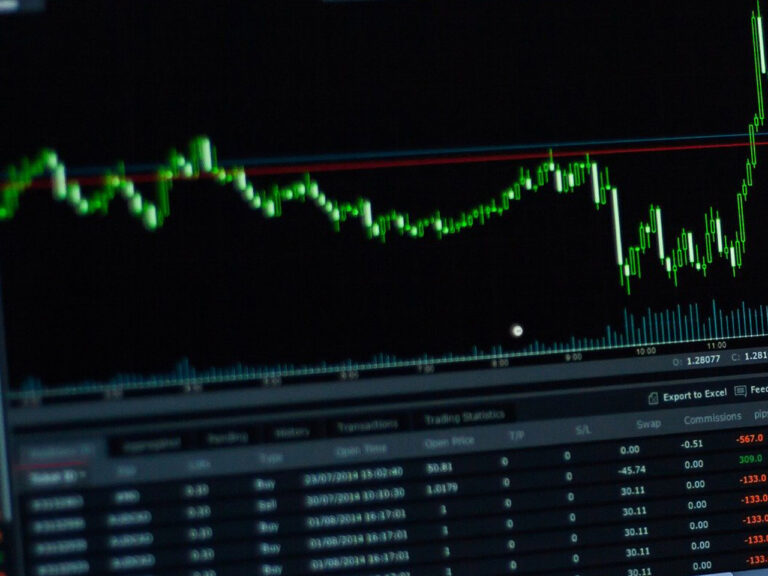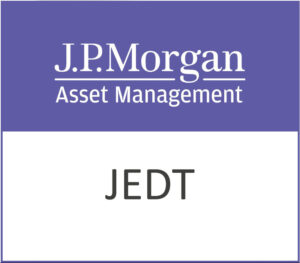Verastem, Inc. (NASDAQ: VSTM), a development-stage biopharmaceutical company, has recently captured investor attention given its significant potential upside and unanimous buy ratings from analysts. Headquartered in Needham, Massachusetts, Verastem operates within the competitive biotechnology industry, focusing on innovative cancer treatments. With a market capitalization of $568.06 million, the company is making strides with its promising pipeline, despite some daunting financial challenges.
Currently priced at $9.23, Verastem’s stock has shown remarkable resilience, trading near the upper end of its 52-week range of $2.40 to $9.29. This performance is bolstered by the stock’s 50-day and 200-day moving averages of $6.10 and $5.92, respectively, indicating a bullish trend. The Relative Strength Index (RSI) of 69.07 further suggests the stock is approaching overbought territory, a sign of strong investor interest.
Analysts provide a robust endorsement for Verastem, with nine buy ratings and no hold or sell recommendations. The consensus target price falls between $13.00 and $20.00, averaging at $15.50. This range implies a compelling potential upside of 67.93%, a figure that is sure to pique the interest of growth-oriented investors.
Verastem’s flagship product candidates, Avutometinib and Defactinib, are at the forefront of its clinical endeavors. These compounds target critical pathways in cancer cell proliferation and survival, with ongoing trials like RAMP 301 and RAMP 201 exploring their efficacy in treating various cancers. Collaborations with industry giants such as Pfizer and Amgen underscore the strategic importance and potential impact of Verastem’s research initiatives.
However, it’s important for investors to weigh these opportunities against Verastem’s financial hurdles. The company’s revenue growth has plummeted by 78.60%, and it reports a negative EPS of -3.50. The absence of a price-to-earnings ratio and a price-to-sales ratio, coupled with a return on equity of -437.92%, highlights significant profitability challenges. Additionally, Verastem’s free cash flow stands at a negative $61.15 million, indicating substantial cash burn associated with its development activities.
Despite these financial concerns, the absence of dividend payouts and a payout ratio of 0.00% suggest that Verastem is channeling its resources towards research and development, a typical approach for biotech firms in their growth phase. This reinvestment strategy aligns with its broader business model of advancing pioneering cancer therapies.
Investors with a high-risk tolerance may find Verastem’s stock attractive, given its potential for substantial returns driven by successful clinical outcomes and strategic partnerships. However, it’s crucial to remain vigilant of the inherent volatility and financial uncertainties that accompany investments in biotech stocks, particularly those in the development stage.
For those willing to navigate these risks, Verastem presents an intriguing opportunity to participate in the burgeoning field of cancer therapeutics, with the potential for significant capital appreciation if its clinical trials bear fruit.






































